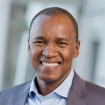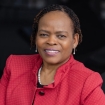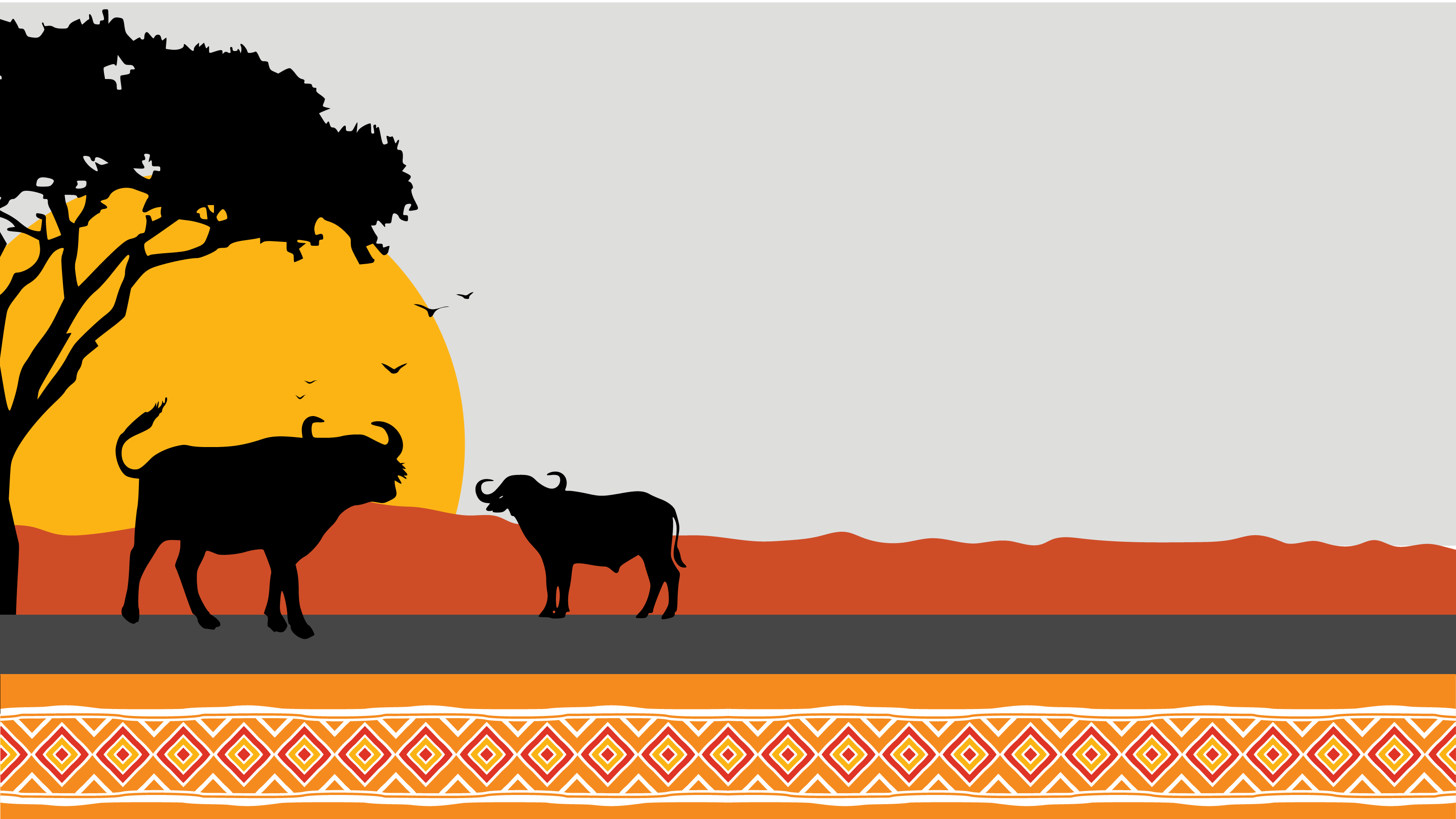Measuring socio-economic impact with Gradesmatch
As part of our enterprise supplier development (ESD) programme, we partnered with Gradesmatch to measure the socio-economic impact of their educational initiatives in South Africa. This collaboration aims to address multifaceted education challenges and contribute to achieving SDGs.
The collaboration between PwC and Gradesmatch has led to significant advancements in measuring and enhancing the socio-economic impact of educational initiatives in South Africa. By focusing on sustainable investment, improved access and strategic alignment with market needs, this project supports achieving key SDGs and fosters long-term socio-economic growth.

Food and Beverage Recycling Alliance Nigeria
Nigeria faces a significant environmental crisis due to plastic waste. This is exacerbated by inadequate recycling systems and the proliferation of single-use plastics. In response, the Nigerian government has implemented tax reforms targeting single-use plastics in the drinks industry. These reforms are part of a broader strategy to improve recycling practices, report on industry status and propose legal changes to enhance plastic circularity.
The government introduced taxes on single-use plastics within the drinks industry to address these issues. This initiative aims to:
Encourage better recycling practices
Evaluate current industry practices
Propose necessary legal changes for improved recycling.
The Nigerian government’s recycling initiative and single-use plastic tax reforms represent a significant step towards addressing the country’s plastic waste crisis. By collaborating with the industry and leveraging our firm’s expertise, we have contributed to developing a sustainable roadmap for plastics circularity. This project not only supports environmental sustainability but also fosters economic growth and strengthens industry-government relationships.

Global Fund’s work in Africa
The Global Fund is a global partnership aimed at defeating HIV, TB and malaria, raising over $5 billion annually to fight these diseases and strengthen health systems in more than 100 countries. Since 2002, it has saved 65 million lives by uniting leaders, communities and the private sector to find and scale impactful solutions.

Empowering women entrepreneurs through PwC’s Faranani Women Rural Women Training Initiative
The Faranani Rural Women Training Initiative was inspired by the high unemployment rate, poverty and inequality in South Africa. The main aim is to provide business training to women from rural areas who are either already in business or interested in owning a business. Annually, this initiative makes a notable difference in the lives of many women, empowering them to generate their own income and become meaningful contributors to the South African economy.

We are only half the story: Voices of our participants
Thulile Mbuyane is the founder of a beverage company. After completing school in Mamelodi, she enrolled at university but dropped out as finances were a constraint, and she was eager to start working. Thulile had gone on to have several jobs, and after the birth of her son, she decided not to return to her employer.
“Growing up with a business mindset was influenced by several family members who had small businesses. After facing challenges due to load-shedding, I expanded my business to supply backup power solutions. The Faranani training helped me unlearn and relearn new strategies, increasing my revenue by 20% every month consistently for the past three months. Today, my ginger beer is sold in three flavours at three big malls.”
Thembelihle Ntshobane is a businesswoman who grew up in Kagiso. Her road to becoming an entrepreneur was quite different. She spent most of her career working at some of the country’s biggest telecommunications companies as an SAP consultant and IT and transmission engineer. After enjoying a solid period of employment, she was unexpectedly retrenched in 2017.
“After being retrenched, I struggled to provide for my family. I started a pest control company, Sithebo Enterprise, despite facing many challenges. The Faranani course helped me improve my business skills and transform into a businesswoman. I received incredible support through Faranani and learned that there are people who want to help me succeed.”
Nthatisi Makotoko, a graduate of the Faranani Training Initiative, started a marketing company in 2009, but it wasn’t long after that that she faced struggles due to routine load-shedding. After finding a solution for her business, she decided to expand her company’s service offering to supply backup power solutions for homes and small businesses—an idea which took off well in 2017.
“As I saw the unemployment numbers go up each year, I thought it’s very important to consider building my own business and going for the Faranani training, to be able to sustain my business, employ people who will be able to sustain their families, and at the same time be able to contribute to the country’s economy.”
Mapule Moabelo enrolled in PwC’s Faranani Rural Women Training Initiative at the end of 2021. Her journey highlights the significant impact of the training initiative on her business growth and her aspirations for the future. She shares how her approach to running her business has transformed:
“I enrolled in the business management course because I wanted to understand what it truly means to run a business. Before, I was just managing it from inside my head. After completing the course, I learned an incredible amount—how to cost items, break-even, market my business, and most importantly, how to go out and get sales, which is a key factor in running a business. Now, my sales have grown tremendously, and my goal is to expand into a fully-fledged bakery and increase my sales to buy the equipment I need.”
Helen Ntobela runs a branding and printing company in the bustling Tembisa township. After struggling with her company finances for some time, her uncle recommended she enrol in the course—an opportunity she is so grateful to have had.
“The most important thing I learned was how to draft my own business plan. The course taught me the importance of pricing my products, understanding my finances, and how to market my business.”
Helen is determined to grow her business into a multimillion-rand company that she can one day relocate from the township to the city.
“Now that I’ve gained these skills, I have knowledge and believe that in the future, I will employ more people and change their lives too.”
PwC remains committed to uplifting women in South Africa, building trust in society, and solving important problems. In its 18th year, the Faranani Rural Women Training Initiative continues to make significant strides in empowering women entrepreneurs, contributing to an equal and prosperous environment for everyone.
Contact us

Dion Shango
Territory Senior Partner for PwC’s East, West and South Market regions in Africa, PwC South Africa
Tel: +27 (0) 11 797 4166

Shirley Machaba
Regional Senior Partner, PwC South Market Area, PwC South Africa
Tel: +27 (0) 11 797 5851

Peter Ngahu
Regional Senior Partner, PwC East Market Area, PwC Kenya
Tel: +254 (0) 20 285 5090


Verena Koobair
Head of Communications and Societal Purpose Firm Pillar Lead, PwC South Africa
Tel: +27 (0) 11 797 4873





















